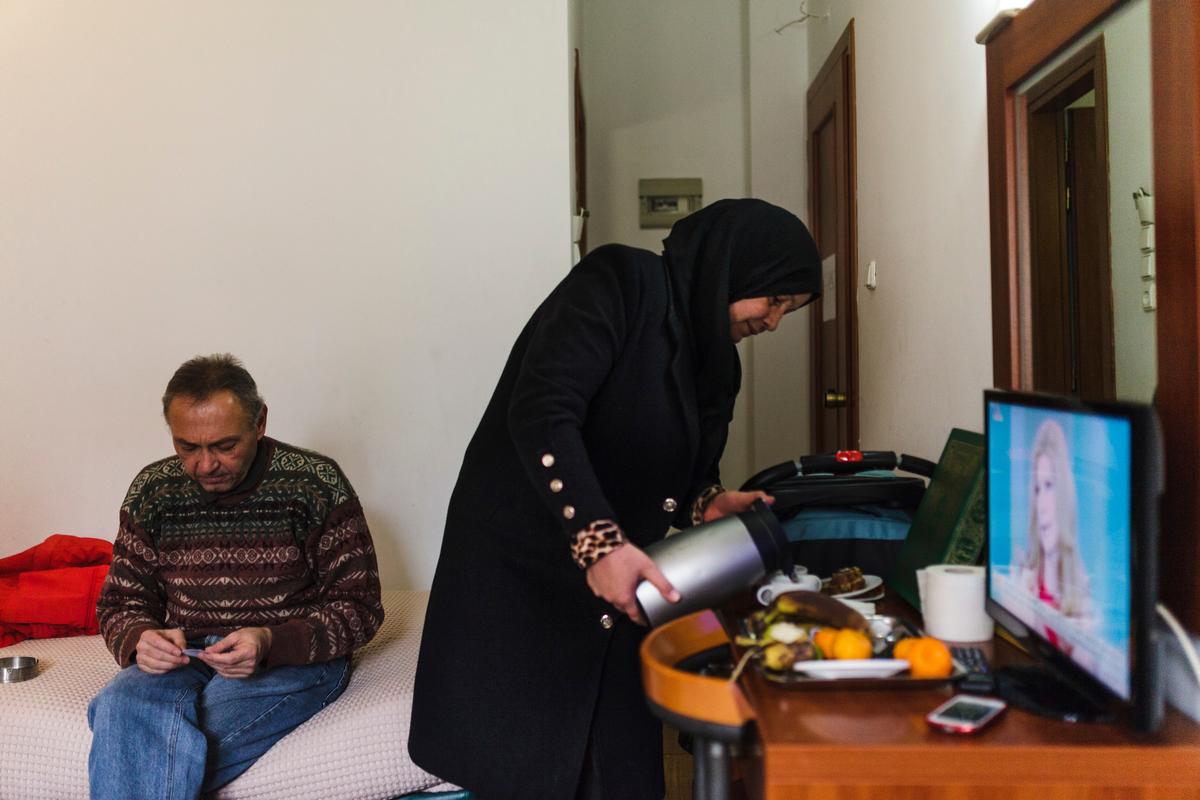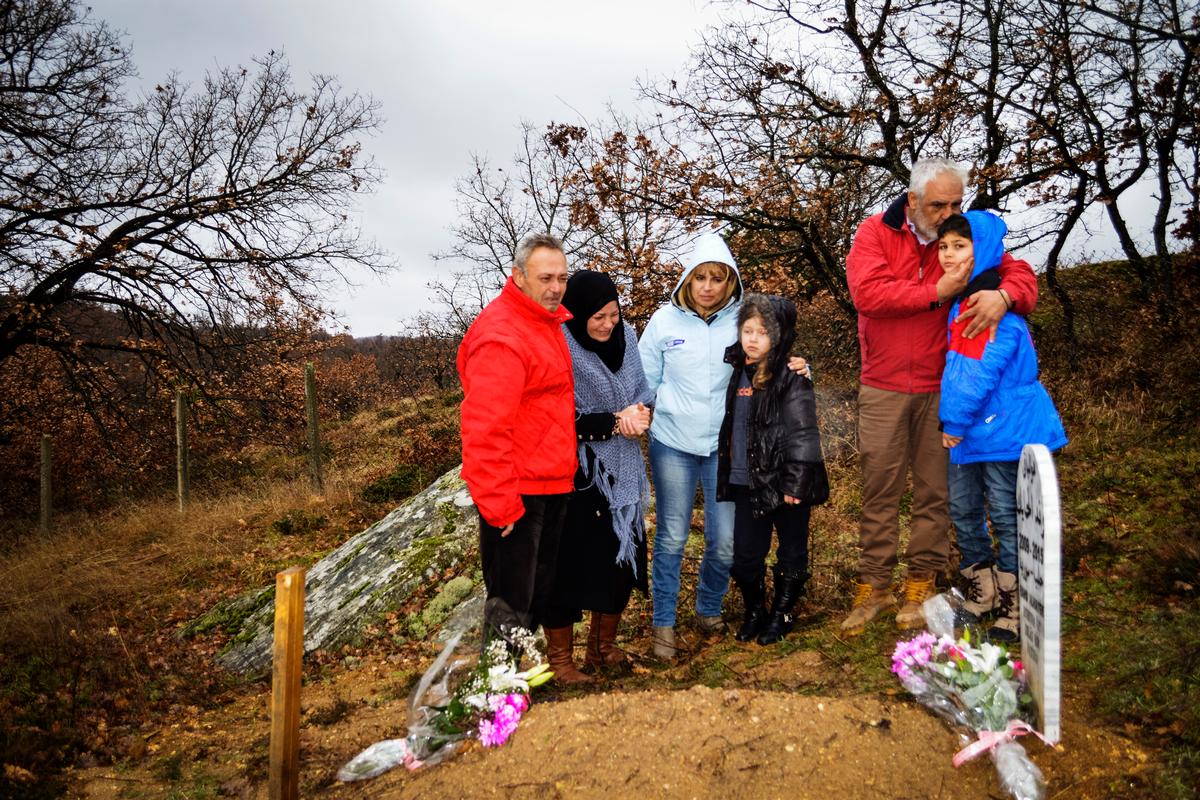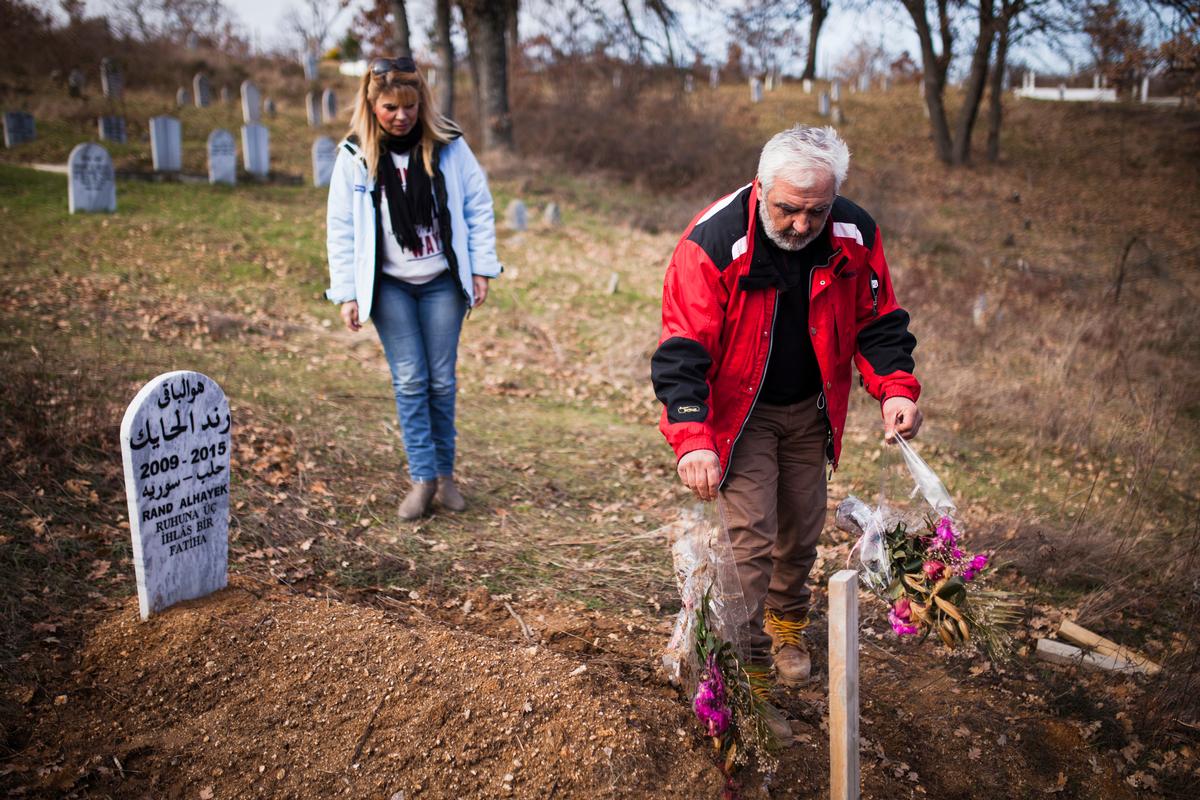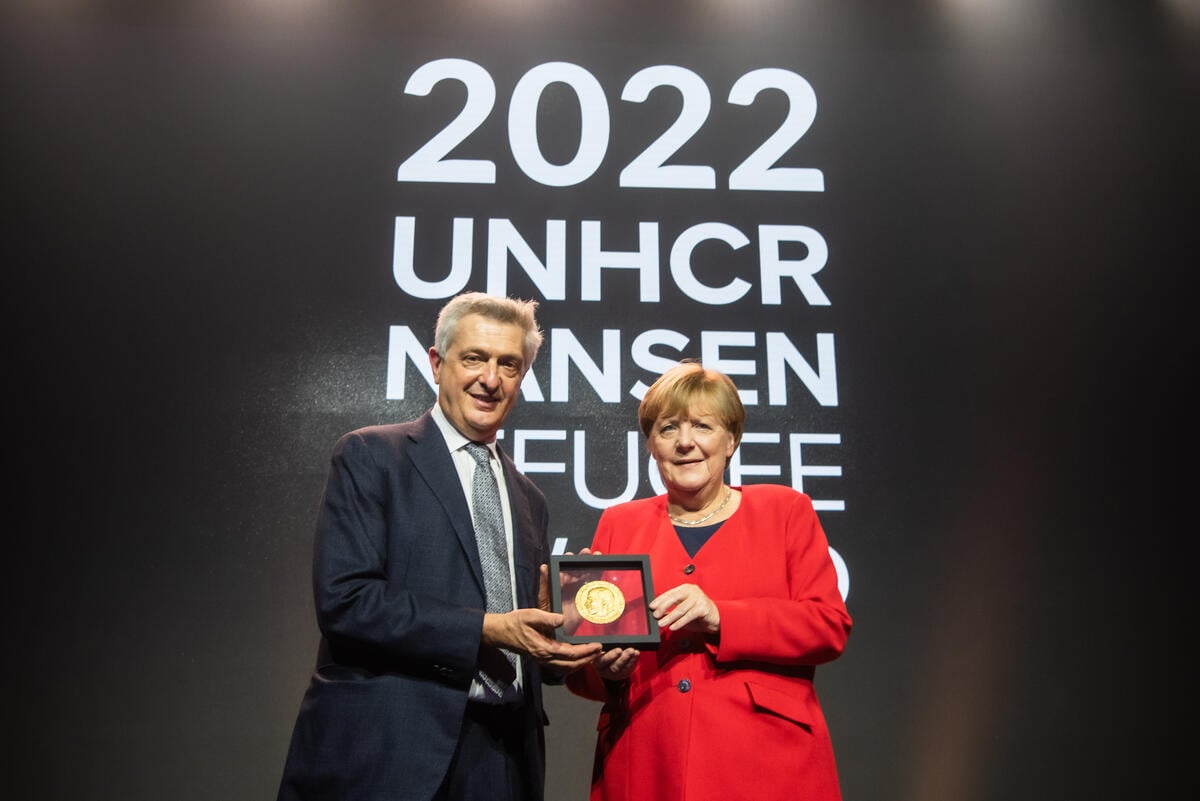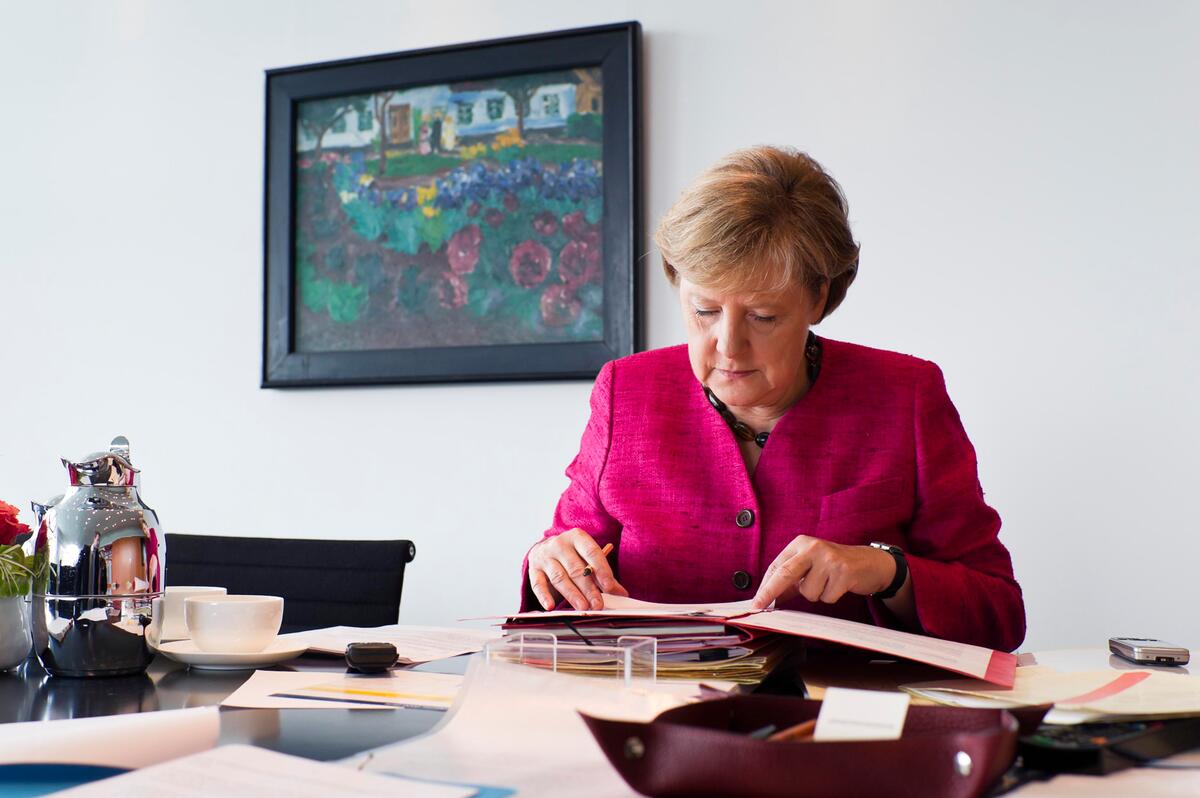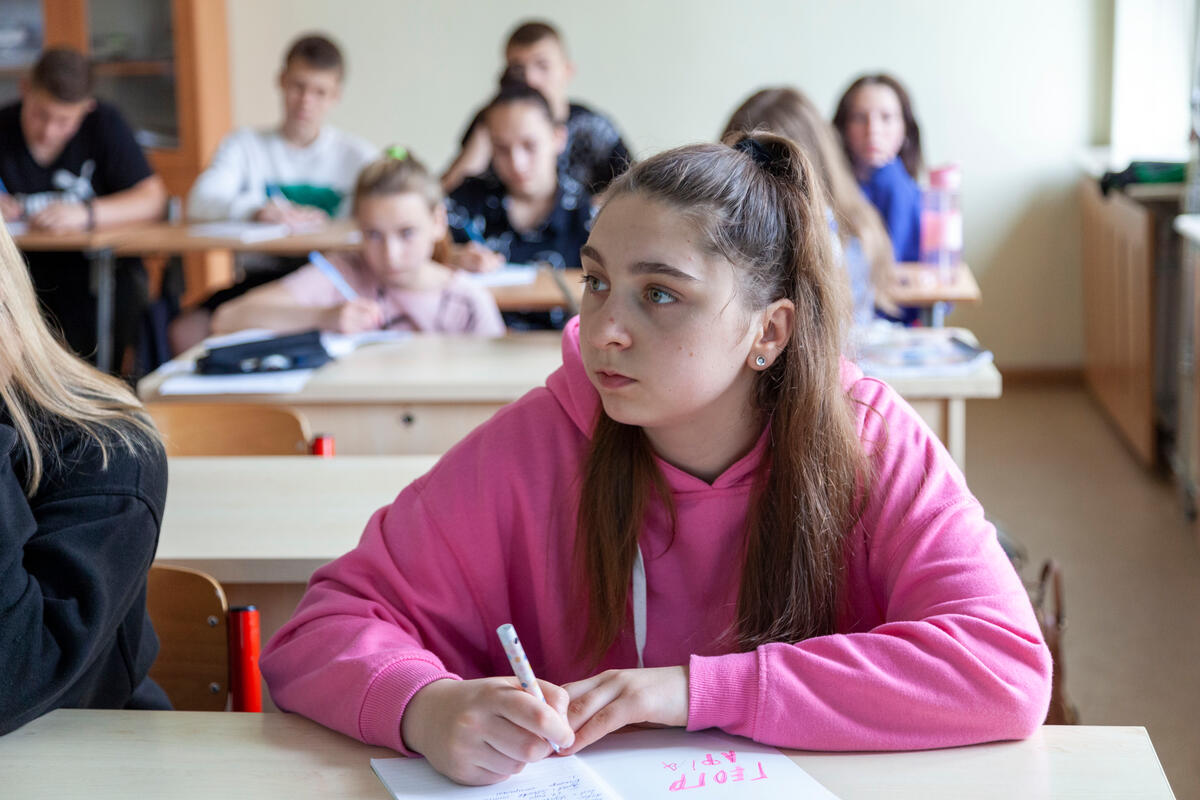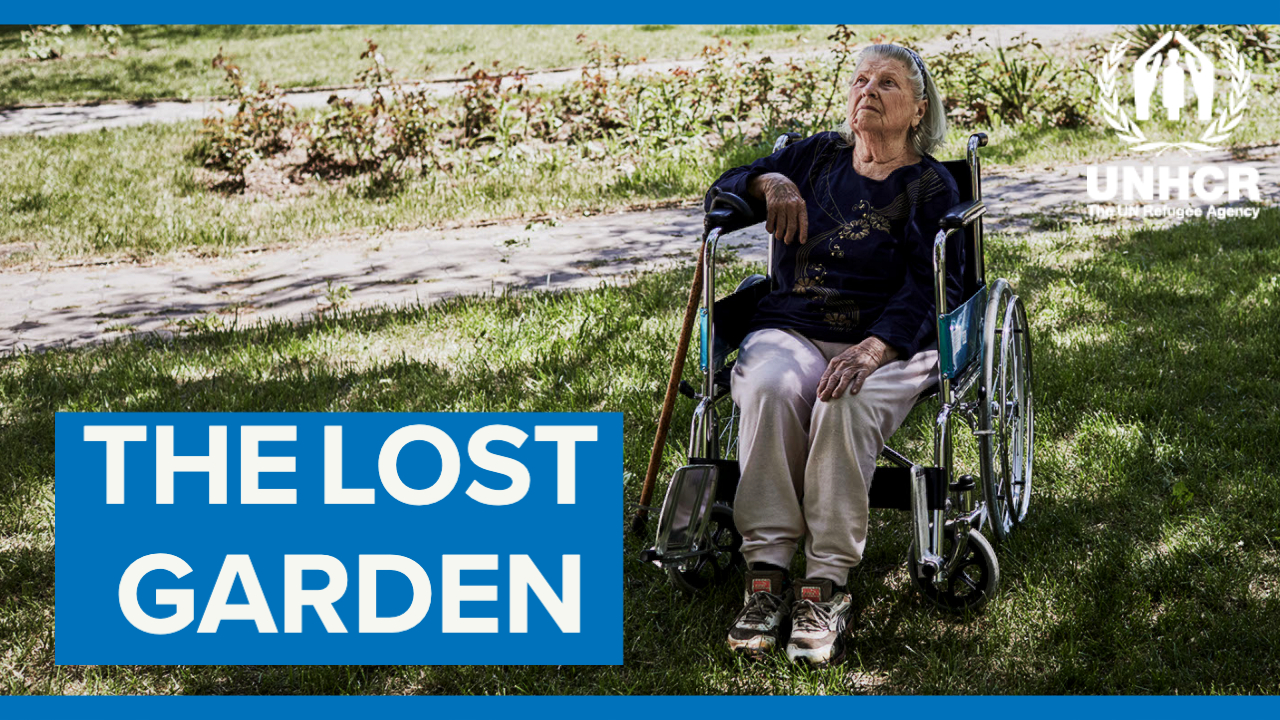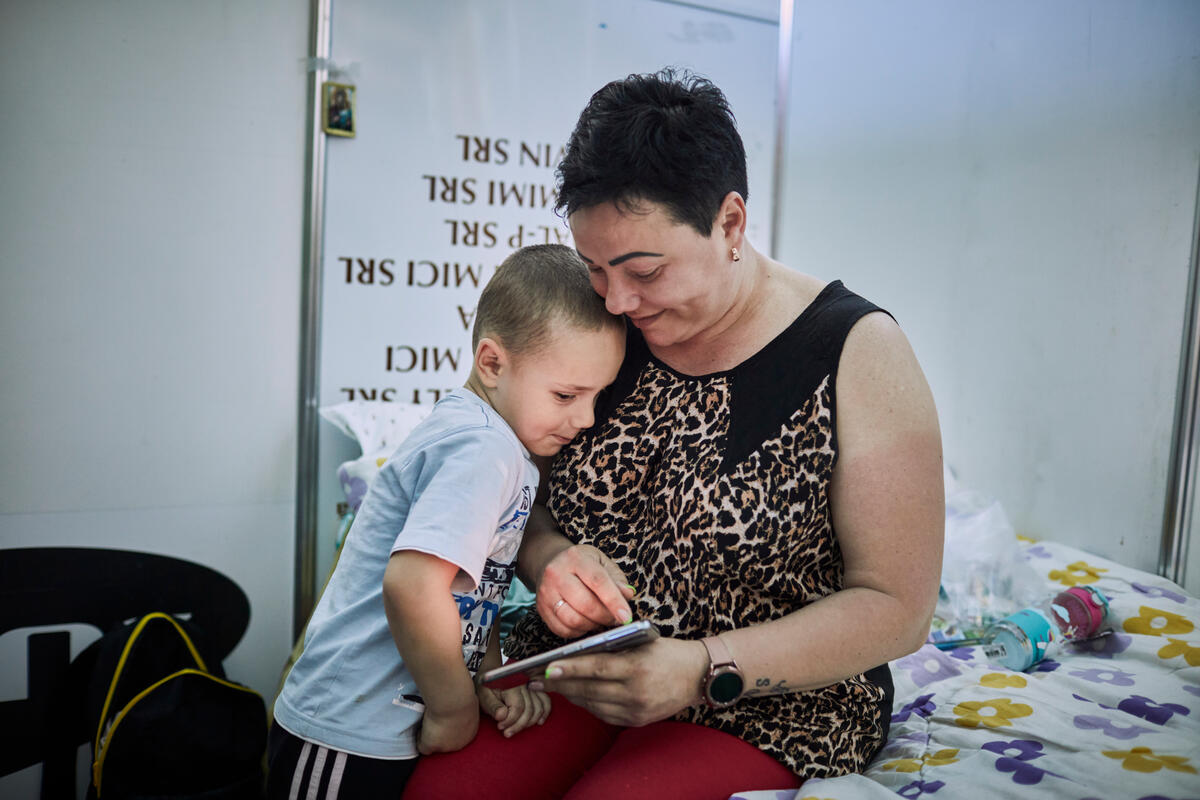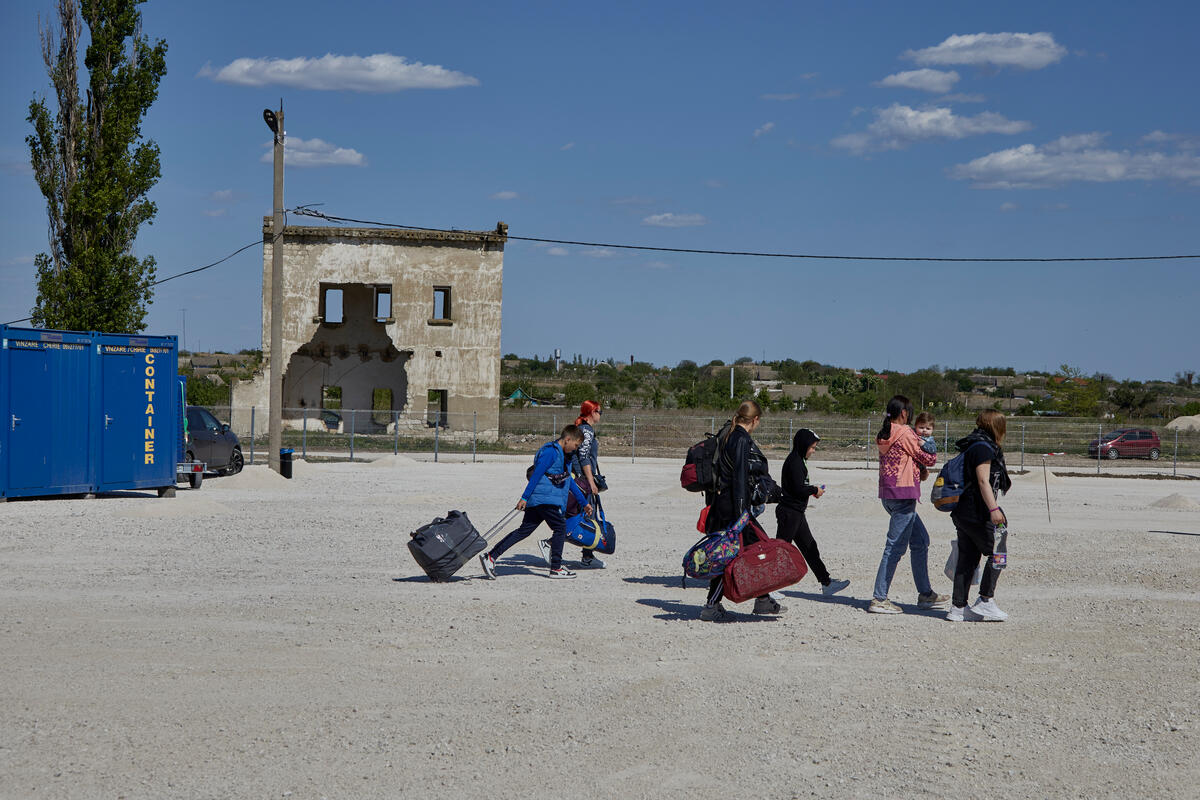Lost and found

Lost and found
Akis and Sia Armpatzianis had just sat down to dinner in a restaurant near their village in north-eastern Greece on a cold, foggy November evening when a Syrian family burst in, calling for help.
“Our daughter, our daughter!” was all that Mahmoud Al-Hayek could shout in Arabic, through tears.
His wife, Reem, clutched three small children wearing backpacks. Their fourth – beautiful, wide-eyed, 6-year-old Rand – had been fatally hit by a train an hour earlier.
The Syrian family, refugees from Aleppo, had entered Greece that afternoon by crossing the Evros River, which runs along the border with Turkey. Once across, smugglers forced them to walk for hours along railway tracks.
It had been two days since they last slept, and even longer since they had eaten. They did not hear the train as it raced towards them in the darkness, with its lights off, and swept little Rand from her father’s grasp.
After the family had survived more than four years of war in Syria, the girl’s death in Greece brought unimaginable anguish. Their other three children – 11-year-old Assad, 8-year-old Shahd and their youngest, 2-year-old Souhad – had narrowly missed being hit, too.
The family was lost with no idea where to find help. They kissed Rand’s face and left her body behind for the moment, then followed the sound of barking dogs until they saw lights from the village where Akis and Sia were eating.
How do you explain to strangers, in a language and land that are not your own, that your child has just been killed? And what can you ask of them when you fear the authorities because you entered the country illegally?
“At first we could not understand what happened,” Sia recalled. No one in the restaurant spoke Arabic or very much English. “But once we realized, we called for an ambulance… We tried to comfort them.”
“Can you imagine? Losing your child in a foreign country, when you’re running from war? We were all crying together,” she added.
“Can you imagine? Losing your child in a foreign country, when you’re running from war?
The next day, Akis got in touch with the imam of a nearby mosque to request an Islamic burial for the girl. The area is home to a small Turkish-speaking Muslim community, one of a handful in northern Greece. Through the years, the imam has buried dozens of refugees and migrants who have drowned crossing the Evros River.
The two families gathered in the Muslim village for the ceremony. Margaritis Petritzikis, a senior protection assistant for UNHCR in the Evros region, helped with the arrangements.
As an additional show of support, the Armpatzianises paid for the funeral.
“We are not rich people,” said Akis, a farmer with two children, aged 12 and 15. “But when you see someone in need you must do what is right.”
The flight from Aleppo
The Al-Hayeks left Syria just a few days before the accident in Evros. Before the war, they lived comfortably in northern Aleppo. Mahmoud owned three computer equipment stores. Reem worked as a teacher until their first child was born. Then, in spring 2011, everything changed with the arrival of what some called “the Revolution”.
“We all wanted freedom at first,” Mahmoud said, saying instead killing came. “We were scared but still had hope something would change. But that didn’t happen.”
Within the first year of the conflict, armed men looted Mahmoud’s stores, destroying the family’s livelihood. Bombing became a daily occurrence.
“You couldn’t understand who was good or who was bad,” Reem said. “You could walk in the street and be killed. We lived only to feed our families.”
They wanted to stick out the war. They loved their country too much to leave. They moved home twice as rival armed groups took over their neighbourhood. Gradually, the situation worsened. Shahd and Assad’s school was bombed three times while they were inside. Several of their friends and classmates were killed.
“You couldn’t understand who was good or who was bad.”
Finally, terrorists cut supply lines to the Aleppo suburb where they had taken refuge. Food became scarce and expensive. A loaf of bread, which once cost 10 Syrian pounds, shot up to 50 pounds, the Al-Hayeks said. A tomato went from 25 pounds to 1,200 pounds.
“That was when we knew we had no hope,” Mahmoud said. “We would not let our children starve.”
They left for Europe via Turkey 10 days later. In Istanbul, they met a smuggler who promised them a safer route, one where they would cross the Evros River instead of the Aegean Sea. The price was €2,500 each – more than double the cost of the sea crossing – or €15,000 for their family of six.
More than 3,000 refugees and migrants entered Greece through the land and river border with Turkey last year, according to the Greek police, down from 55,000 in 2011. The drop came after Greece built a fence along the 12.5-kilometre strip of land at Evros in 2012. Irregular migration routes quickly shifted to the Aegean.
The Al-Hayeks took a bus to Edirne, in north-western Turkey, then walked several hours to the banks of the Evros with their smugglers. They were shocked when they reached it. “It was more like a lake,” Reem said, weeping as she recalled putting her children in a rubber fishing boat. They reached Greece in 15 minutes.
They could not have dreamt their daughter would be killed once they had reached the other side.

Temporary home in Athens
After the accident, the Al-Hayeks spent two-and-a-half months in an Athens hotel as part of a housing subsidy programme run jointly by the European Commission and UNHCR for asylum-seekers like the Al-Hayeks, who had applied for relocation. The Commission is providing €80 million for reception places in Greece for 20,000 asylum-seekers and candidates of the relocation program.
Their first few days were difficult. They taped Rand’s school photo to the wall of their room and laid a green and gold Koran on the desk beneath it. Praksis, a Greek NGO and UNHCR partner, provided regular psycho-social support and legal advice.
The Armpatzianises called almost daily.
“Akis and Sia, they are our family,” Mahmoud said from his hotel room one December afternoon.
“You did not leave your daughter behind,” Akis had told him by phone after taking fresh flowers to Rand’s grave. “We will protect her. She is like our daughter now.”
Rather than continue their journey to northern Europe on foot, like hundreds of thousands of others, the Al-Hayeks chose to participate in the European Union’s relocation scheme. The EU has pledged to relocate 160,000 asylum-seekers from Greece and Italy, the front lines of Europe’s refugee crisis, to other member states by plane.
“Akis and Sia, they are our family.”
The process has been slow. Only 642 refugees have been relocated so far. (Meanwhile, more than 137,000 refugees and migrants have arrived on Greek shores from Turkey since January 1, according to UNHCR data.) Refugees cannot choose their relocation country, making participation a hard sell to people who left behind their homes and countries in order to have more control over their destiny.
The Al-Hayeks’ main concern was getting their children back in school. Several times, they considered leaving Greece by themselves by crossing the border with the former Yugoslav Republic of Macedonia to continue towards Sweden.
“I was telling them, ‘ipomoni, ipomoni,’ ” Petritzikis said, using the Greek word for patience. “‘You will get there.'”
Despite feeling stuck, the Al-Hayeks made the best of life in Athens. Assad and Shahd picked up basic Greek from watching cartoons. “Kalimera! Ti kaneis?” they shouted happily to the receptionist whenever they walked past. “Hello! How are you?”
Reem borrowed cups and saucers from the hotel cafeteria and served coffee and pastries to anyone who knocked on their door. “Greek coffee is okay, but it’s nothing like ours in Syria,” she would say apologetically.

Finally, in mid-January, the Al-Hayeks got the call they had been awaiting. They would be relocated to France – to the city of Saint-Nazaire, in the west at the mouth of the Loire River.
Mahmoud and Reem hugged and cried tears of happiness. They were relieved to know they had a home waiting for them.
“Everything is in God’s hands,” Reem said. They would depart on January 25.
The weekend before they left Greece, the Al-Hayeks visited the Armpatzianises and Rand’s grave one last time. UNHCR arranged the visit, and the Al-Hayeks stayed at the Armpatzianises’ home.
The night before their plane took off for France, Mahmoud and Reem called Akis and Sia from Athens to say goodbye.
“Thank you for everything,” the Al-Hayeks said. “We will come back to visit you soon, after we are in our new home and start working. We love you.”
Now, at last, they are beginning their lives again.


